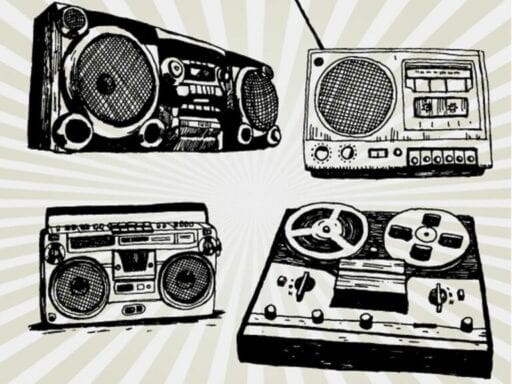We examine what makes music so universal in this week’s episode of Explained.
Music is everywhere. We hear it in our cars, in coffee shops, on TV, and at church. We use it to learn, remember, feel, celebrate, and connect.
Every known human culture has had some form of music. But in the rest of the animal world, the ability to understand and create music is rare. Where humans might hear rhythm and melody, rhesus monkeys, for example, just hear noise.
So what makes music so universal among humans? How does sound become something more? And how does it evoke such a wide range of emotions?
Vox tackled these questions on this week’s episode of our Netflix show, Explained. We have new episodes every Wednesday on topics including dieting, cricket, astrology, and more. If you like our videos, then you’ll love this show; it’s our most ambitious video project to date.
To watch, search “Explained” on Netflix or go to Netflix.com/explained. Click the “My List” button to make sure you don’t miss an episode.
Learn more:
Why we really, really like repetition in music (A Vox video by Estelle Caswell)
Gabby Giffords: Finding Words Through Song (Katie Moisse, Bob Woodruff, James Hill, and Lana Zak, ABC)
Can music help you learn? The brain can do some incredible things while listening to music. (Chris Riotta, Mic)
TOKiMONSTA Lost Speaking and Musical Abilities After Brain Surgery. This Is How She Regained Them. (Jennifer Lee, a.k.a. TOKiMONSTA, who we interviewed for this episode, shared her story for Pitchfork. We also spoke with her doctor, Gary Steinberg.)
The Music of Language and the Language of Music (A lecture by neuroscientist Aniruddh Patel, who we interviewed for this episode.)
On Repeat: How Music Plays the Mind (A book by Elizabeth Margulis, a researcher in music cognition interviewed for this episode.)
Author: Lexie Schapitl



